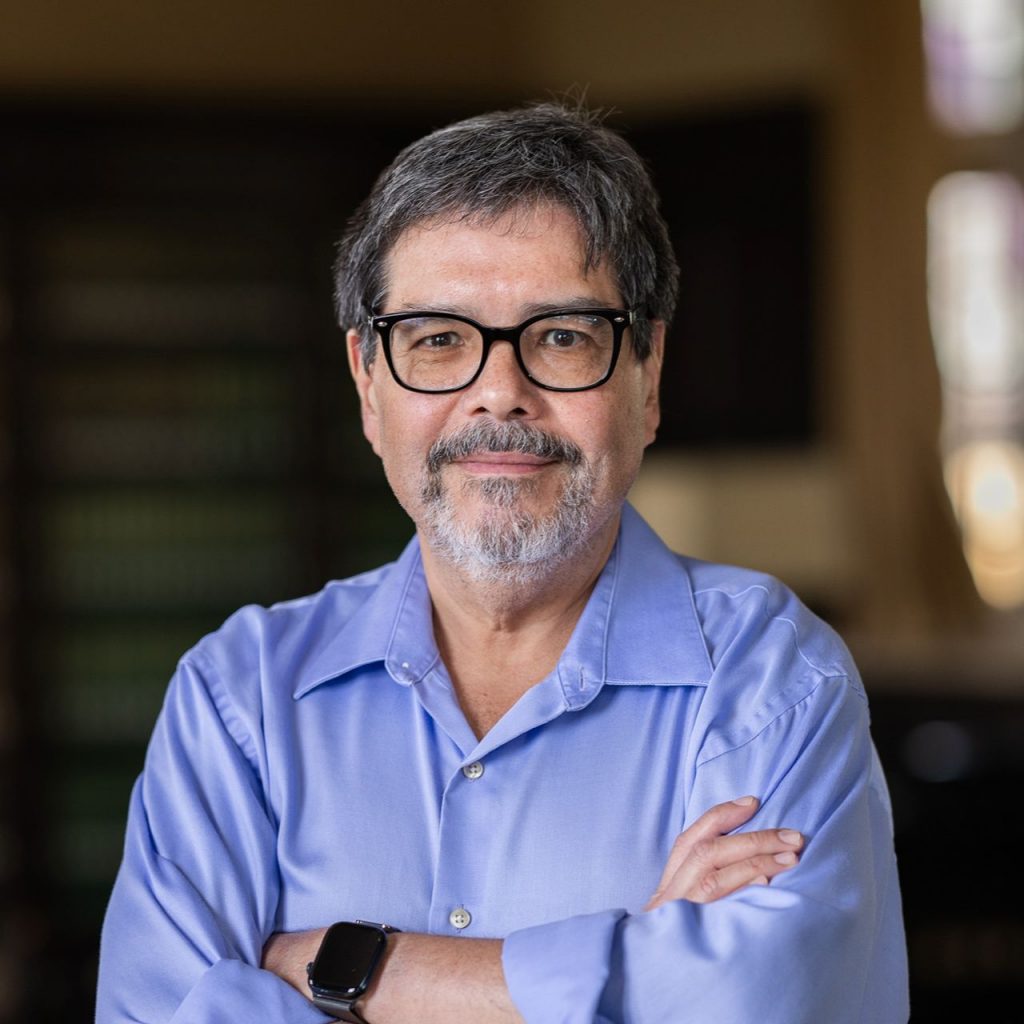
Pedro A. Malavet
Emeritus Professor of Law
Pedro A. Malavet joined the UF Law faculty as an Assistant Professor of Law in the summer 1995. He has served as the school’s Associate Director and Director of the LL.M. in Comparative Law program from fall 2011 to spring 2016. During his time at UF Law, he has taught civil procedure, evidence and comparative law courses; seminars on the civil code and U.S. territorial possessions; and comparative procedure for J.D. students as well as Introduction to the Legal System of the United States for international LL.M. students. Professor Malavet’s early scholarship focused on comparative law, especially the civil code and notarial transactions. But most of his scholarship focuses on critical race theory and the legal treatment of Latinas/os in the United States “proper” as well as in its territorial possessions and on the intersections of race, culture and citizenship, especially how these affect the legal relationship between the United States and Puerto Rico. Professor Malavet earned his J.D. magna cum laude and his LL.M. from Georgetown University Law Center.
Malavet has taught a seminar on the U.S. Territorial Possessions and participated in the College of Law’s summer programs in France and Costa Rica and has been a visiting exchange professor at the Pontifical Catholic University of Rio de Janeiro. He has also taught Introduction to U.S. Law to international practitioners at UF, in several Brazilian states and online in the MOOC, the Global Student’s Introduction to the Law of the United States that reached over 25,000 students online.
After graduating from Georgetown, Malavet clerked for the Honorable Raymond L. Acosta of the United States District Court for the District of Puerto Rico from 1987 to 1989. He then worked as a junior partner at the litigation firm Bufete, Malavet & Ayoroa.
Professor Malavet also taught at the Pontifical Catholic University of Puerto Rico Law School before returning to Georgetown in 1993 to complete a Master’s Degree in law. He was awarded the Future Law Professor Fellowship, which allowed him to study, co-teach a course with a member of the Georgetown faculty and develop a scholarly article. He completed his fellowship and LL.M. degree in 1994. During the 2004-05 academic year, Professor Malavet was a visiting professor at Seattle University School of Law.
From 2007 to 2009, Professor Malavet served on the Membership Review Committee of the Association of American Law Schools which “examines law school applications for membership in the Association and sabbatical evaluation reports of member law schools” and makes recommendations to the Executive Committee regarding suggested actions. The AALS works with the American Bar Association during its re-accreditation process and Malavet has served on both AALS membership and joint ABA-AALS sabbatical site-visit re-accreditation teams.
Education
LL.M., Georgetown University
J.D., Georgetown University (magna cum laude)
B.B.A., Emory University
Expertise
Civil Litigation & Procedure, Comparative Law, Evidence, Puerto Rico, Sovereignty, U.S. Territorial Possessions
Courses
Comparative Law
Evidence
Latin@s and the Law
Teaching & Scholarship
Teaching: Civil Procedure, Comparative Law, Civil Code Institutions Seminar, Evidence, Introduction to Law, U.S. Territorial Possessions Seminar. Also active in several international programs.
Research and Scholarship: Comparative Law (principally the Civil Code and Notarial Law), Critical Race Theory, LatCrit Theory, U.S. Territorial Possessions, Evidence, Civil Procedure.
Publications
Articles
- “Counsel for the Situation: The Latin Notary, a Historical and Comparative Model,” 19 Hastings Int’l & Comp. L. Rev. 389-488 (1996). [SSRN]
- “The Non-Adversarial, Extra-Judicial Search For Legality And Truth: Foreign Notarial Transactions As An Inexpensive And Reliable Model For A Market-Driven System Of Informed Contracting And Fact-Determination,” 16 Wisc. Int’l L.J. 1-60 (1997). [SSRN]
- “The Foreign Notarial Legal Services Monopoly: Why Should We Care?,” 31 J. Marshall L. Rev. 945-970 (1998). [SSRN]
- “Literature and Arts as Antisubordination Praxis LatCrit Theory and Cultural Production: The Confessions of an Accidental Crit,” 33 U.C. Davis L. Rev. 1293-1331 (2000). [SSRN]
- “Puerto Rico: Cultural Nation, American Colony,” 6 Mich. J. Race & L. 1-106 (2001). [SSRN]
- “The Accidental Crit II: Culture and the Looking Glass of Exile,” 78 Denv. U. L. Rev. 753-793 (2002). [SSRN]
- “Reparations Theory and Postcolonial Puerto Rico: Some Preliminary Thoughts,” 13 La Raza L.J. 387-423 (2002). [SSRN]
- “Introduction: LatCritical Encounters with Culture, In North-South Frameworks,” 51 Fla. L. Rev. 1-39 (2003). [SSRN]
- “Afterword: Outsider Citizenships and Multidimensional Borders: The Power and Danger of Not Belonging,” 52 Clev. St. L. Rev. 321-338 (2005). [SSRN]
- “The Inconvenience of a ‘Constitution [that] follows the flag … but doesn’t quite catch up with it’: FromDownes v. Bidwell to Boumediene v. Bush,” 80 Miss. L.J. 181 (Fall 2010). [SSRN]
- “Cuba, Puerto Rico, the Civil Code and the Problem of Transculturation,” 29 Florida Journal of International Law 197 (Fall 2017), Cuba, Puerto Rico, el Código Civil y el Problema de la Transculturación, 29 Fla. J. Int’l L. 197-S (Spanish) (Otoño 2017). [SSRN]
Book Chapter
- “The Story of Downes v. Bidwell: ‘The Constitution Follows the Flag … But Doesn’t Quite Catch up With It,’” in Race and the Law Stories (Rachel Moran and Devon Carbado, eds., Foundation Press, 2008). [SSRN]
Book
- America’s Colony: The Political and Cultural Conflict between the U.S. and Puerto Rico (NYU Press 2004) (paperback edition 2007).
